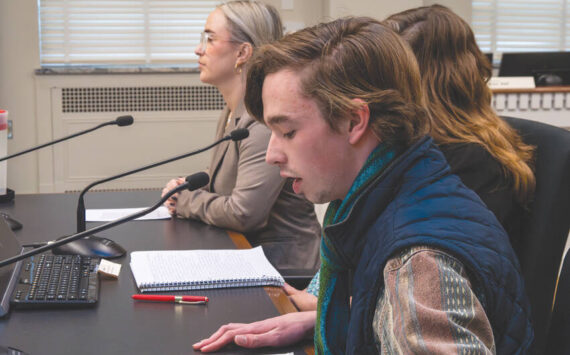By Timothy Schumann | The Center Square
(The Center Square) – Congressman Dan Newhouse, R-Wash., put forth an amendment to prohibit federal funding of a recent Bureau of Land Management, or BLM, proposed rule change that would grant broad authority to restrict the usage of public lands.
According to the executive summary of the bill in the federal register, the Conservation and Landscape Health rule would “advance the BLM’s mission to manage the public lands for multiple use and sustained yield by prioritizing the health and resilience of ecosystems across those lands.”
Meant to ensure the health and resilience of BLM-managed lands, the rule gives the BLM authority to “protect intact landscapes, restore degraded habitat, and make wise management decisions based on science and data,” and “[provides] an overarching framework for multiple BLM programs to promote ecosystem resilience on public lands.”
What the rule change calls an overarching framework, Rep. Newhouse labels an overreach.
“Not only is this proposed rule illegal, it would also have drastic effects on energy prices, food costs, and recreational opportunities. As Chairman of the Congressional Western Caucus, I believe in the multiple-use mandate to produce sustainable yield—not lock up our lands from accessing the bountiful resources and beautiful views our public lands offer,” said Newhouse in his opening remarks introducing the amendment at the Interior and Environment Appropriations committee earlier this week.
According to a news release from Newhouse’s office, the ‘illegal’ portion of the rule “undermines [Federal Land Policy and Management Act of 1976’s] multiple-use mandate for BLM lands and would hinder access to public lands for energy and critical mineral development, grazing, forest management, and recreation.”
With more than 90 percent of the BLM’s 245 million acres under management located in the western position of the United States, Newhouse wants to protect his constituents’ access to those lands.
As Washington’s fourth congressional district spans the state north-south from the Canadian to the Oregon border, the congressman is worried this rule change “would have an outsized effect on the residents of Central Washington.”
As a farmer himself, Newhouse is well aware of what harm undue federal regulatory burdens can cause landowners, businesses, or just citizens trying to access the vast natural beauty of our nation.
“In the midst of record-high energy prices and food costs, this Administration wants to exacerbate the problem by proposing a regulation that would reduce resource development – including renewable energy – and ranching on public lands,” added Newhouse during his opening remarks.
The amendment was adopted by the committee via voice vote.





